Kent Scouts held the “LionAid Challenge” for the first time in October 2023. This was a series of fun & educational activities culminating in raising funds for this small charity based in Dover, Kent. The plan is to run this challenge badge again in October 2027.

LionAid and Sustainability
The “insurance herd” programme concept was borne out of discussions that LionAid held with several Maasai Elders in Kenya over a couple of years.
Rural African communities live uncomfortably with predators. Pastoralists often invest considerable resources in livestock herding, guarding and predator control, adding significantly to cycles of poverty among rural communities. In many African pastoralist societies, livestock also has a cultural value exceeding economic worth as cattle are valued for social, political, cultural and religious reasons. Livestock assets are the primary form of wealth acquisition and storage in these communities, and such assets are particularly vulnerable to coexistence with predators.
Chris and Pieter from LionAid were privileged to spend time among the Maasai communities in Kenya, in Kitengela and Olepolos, two of the conflict hotspots that have seen lions and other predators killed in retaliation for raids on livestock. The following year, they visited a community in Muereshi next to Amboseli where again they discussed this concept with the village Maasai Elders, where livestock predation is 60% lions and 40% hyena and leopard.
The Elders in these communities welcomed us warmly and were very pleased to be consulted as to their ideas for new ways forward. In all visits, the Elders told us that they had never been asked to put forward their solutions to reduce human/wildlife conflict. As a result, we deepened our understanding of these conflict issues and we were guided by them as to fresh approaches to resolve the difficulties they face.
Based on these meetings we jointly decided that a pilot programme was needed to determine best methodologies before wider application across Africa.
This scheme is unique in that there is unlikely to be further need for expensive programmes to support compensation, the programme will quickly be self-sustaining, will provide additional revenue directly linked to predators, and will significantly reduce cycles of poverty caused by wildlife conflict. The compensation schemes would need to be directly linked to deterrent measures, including the need to construct predator resistant bomas (night time cattle enclosures) equipped with proper fencing, night lights, motion sensors, solar panels etc (The boma upgrade kit)
(Source: https://lionaid.org/news/2021/11/an-innovative-predatorlivestock-conflict-mitigation-programme.htm)
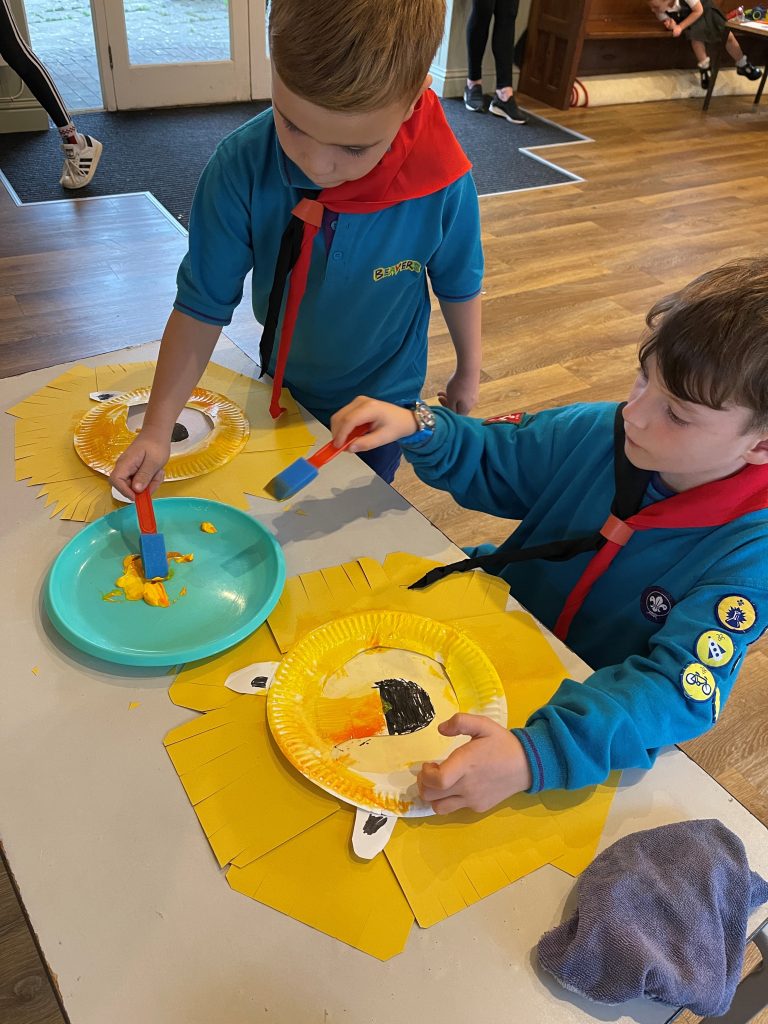
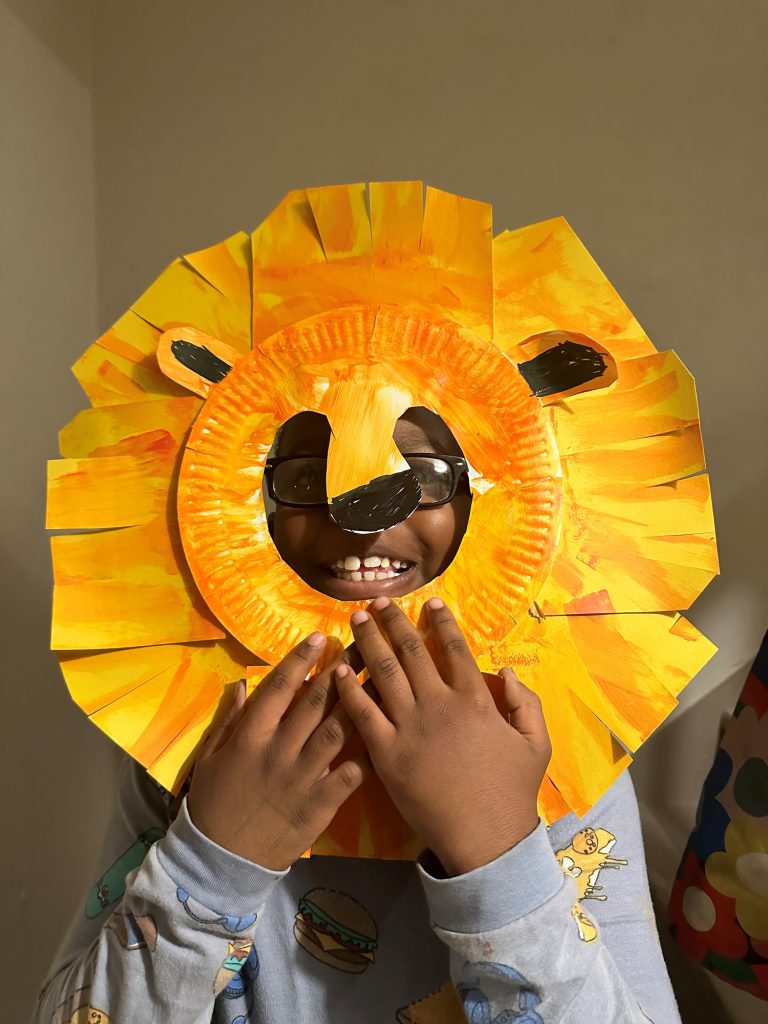

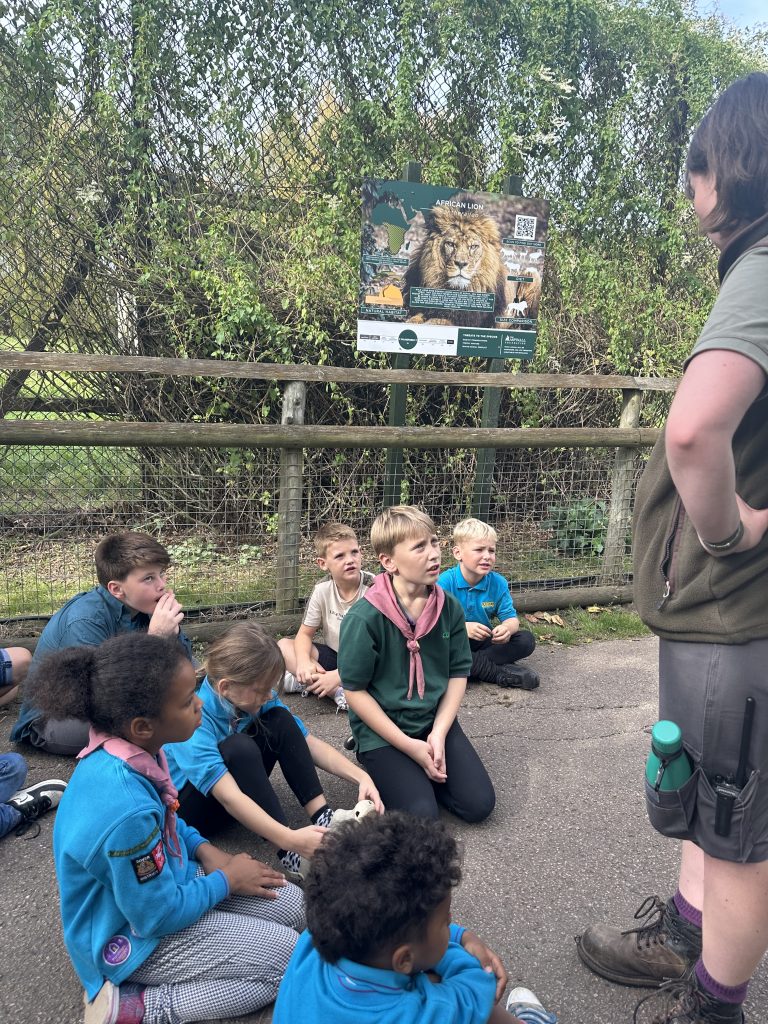
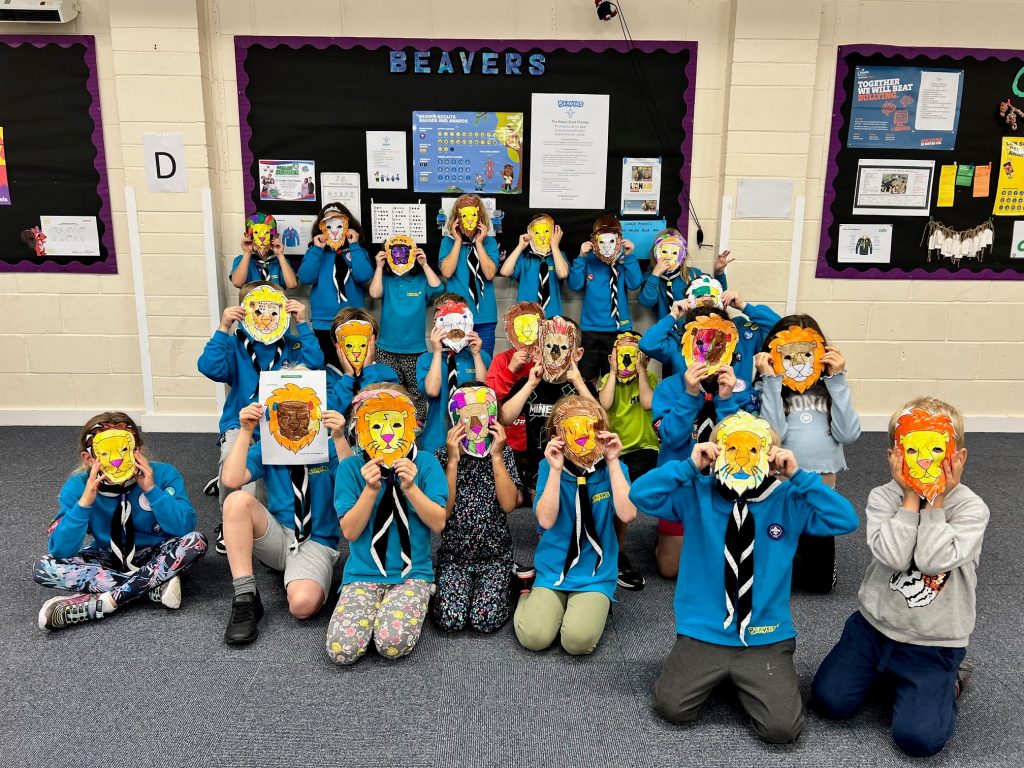
Wingham Wizards Explorers – in the early stages of creating a model of a Kenyan maasai village for KIJ…
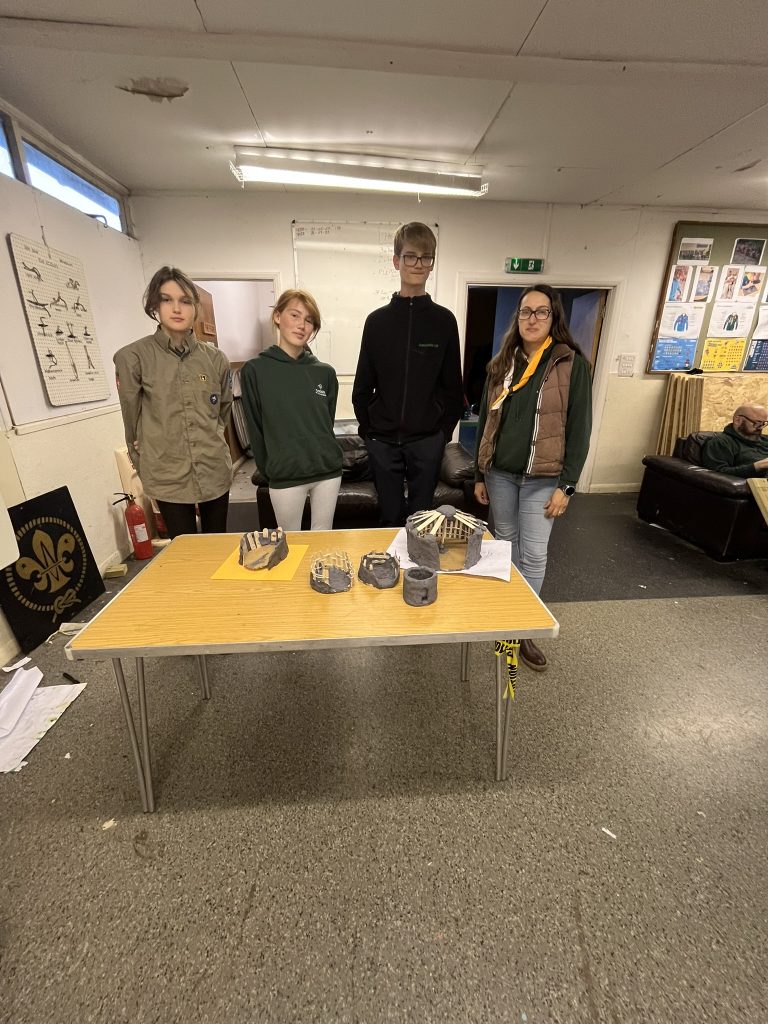
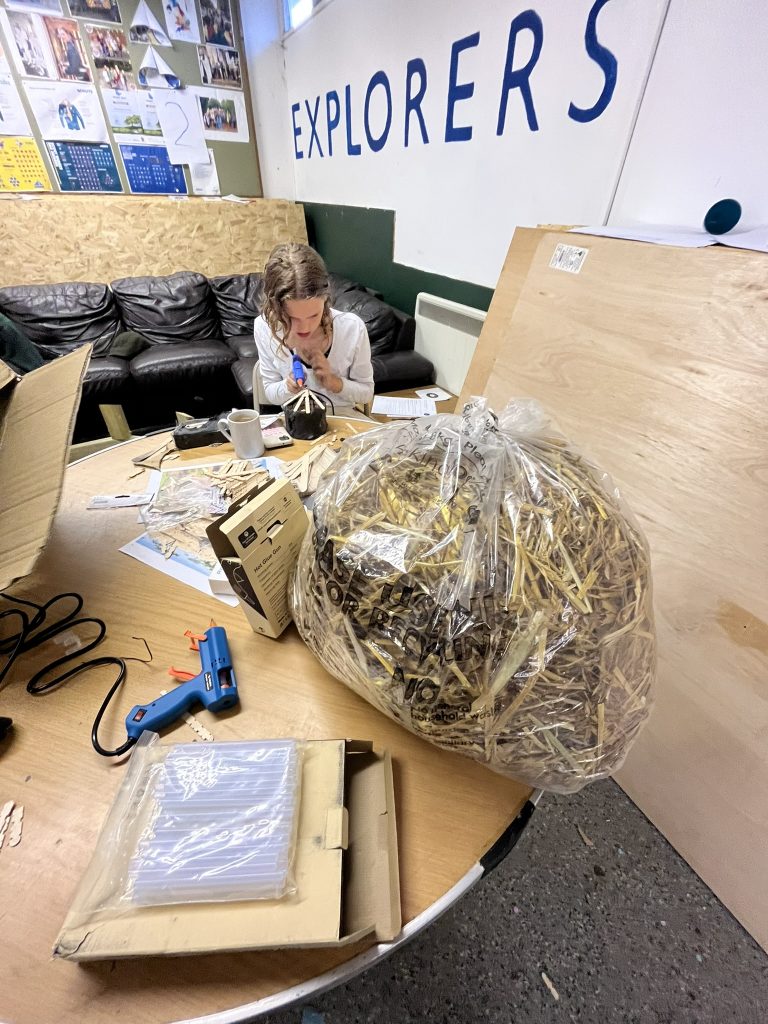
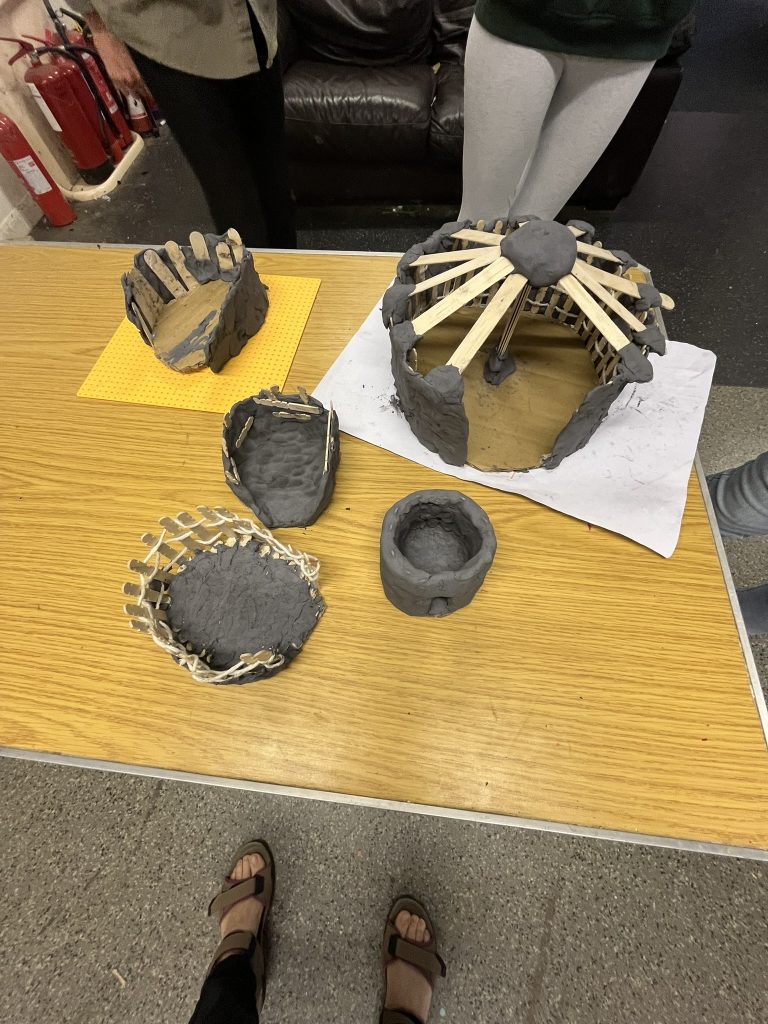
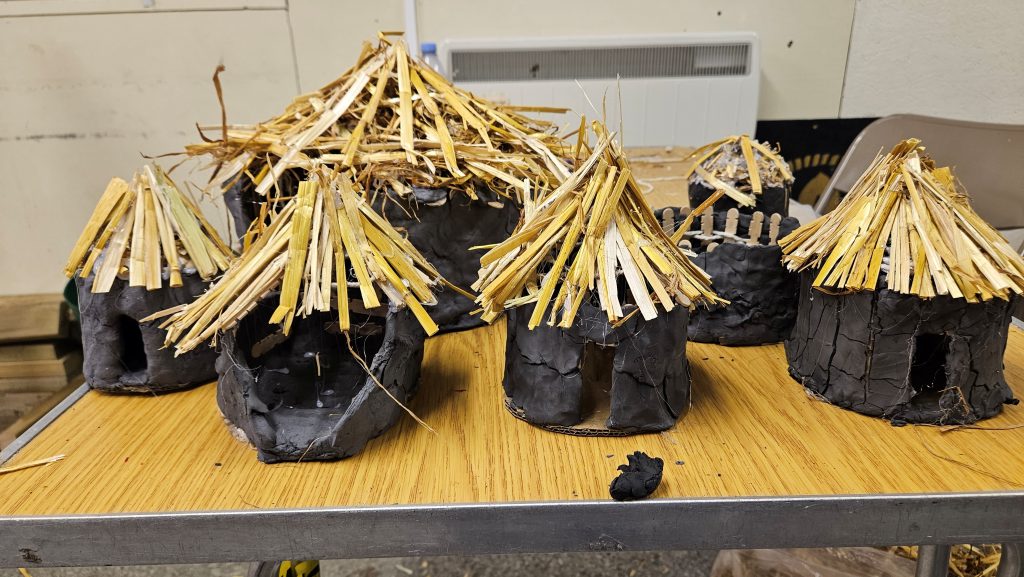
Lion Poaching In Botswana
https://lionaid.org/news/2025/06/lion-poaching-in-botswana.htm
Key points
LionAid 2025 synthesis of wild lion numbers in remaining African range states.
- The LionAid 2025 comprehensive compilation of wild lion populations remaining in Africa estimates a total of 13,014 lions in eastern and southern Africa and 342 in western and central Africa where resident lions are highly genetically distinct.
- There are currently only five individual lion populations in Africa where over 1,000 lions are estimated to occur: Okavango/Chobe/Hwange in Botswana/Zimbabwe, Serengeti/Mara in Kenya/Tanzania, Selous/Nyerere in Tanzania, Rungwa/Ruaha in Tanzania and Kruger in South Africa.
• Of the 48 African continental nations:
o Wild lions are extinct in 26 countries – 54% of the total
o Wild lions exist only in small, scattered populations, if at all, and are considered highly vulnerable in 12 countries – 25% of the total
o Wild lions still exist in 10 countries – 21% of the total.
- It is highly disappointing to note the quality of surveys involved in estimating lion populations. Very few are scientifically rigorous. Most lion estimates are still based on “guesses”. Even in areas where there are active lion research programmes, researchers do not seem to prioritise rigorous lion counts. Very many regions that have been surveyed to some extent then used various means of extrapolation to attempt to derive a total number for the area. This lack of standardised survey methods has greatly hindered collection of reasonably accurate lion population data.
- A reliance on guesstimates pertained to populations in Cameroon, Central African Republic, Chad, Ethiopia, Niassa in Mozambique, Nigeria, Kruger in South Africa, Serengeti and Selous/Nyrere in Tanzania, Hwange in Zimbabwe and Luangwa in Zambia. Some of these populations are extremely important to be able to assess the long-term viability of African lions.
- Along these lines, it should be noted that by far the largest percentage of lions occur in isolated regions with no connection between them and no ability of lions to disperse into, or out of, such areas. This is due to increasing use of previously “wild” lands for human settlements, spread of subsistence agriculture, livestock invasion, and in some countries irrigation projects and commercial farms/plantations being established. The pan-African total of lions is in no small degree made up of adding up small remnant populations across this very large continent.
- Total number of continental African nations where lions are already extinct, effectively extinct or highly vulnerable – 38/48 (79%).
- Overall, the situation for continued lion survival in Africa is extremely concerning. The lion is the only large cat not given Appendix I protection by CITES and continues to only listed as “vulnerable” by the IUCN despite all contrary information. Lion conservation is underfunded and conflicted with several international and local conservation organizations stubbornly promoting trophy hunting as a “conservation” measure. There is very little funding made available for crucial nationwide population surveys conducted to adequate standards.
- The tragedy is that ALL wildlife is in serious decline across Africa – some range states seem to have little will, few financial resources, have ineffective governments, are experiencing insurgencies and civil strife, have high levels of bushmeat poaching and have implemented few effective plans to ensure the future for what has to be seen as a greatly valuable natural resource. Wildlife tourism not only creates significant employment but also constitutes a substantial proportion of African nations’ GDP and foreign exchange earnings.
- Targeted poaching of lions is an emerging and growing threat. Lion body parts like claws, teeth, paws, fat are used locally for African traditional medicine and even exported to countries like Viet Nam.
- Overall, LionAid would encourage African range states to develop and implement much stronger lion conservation measures. Similarly, we would strongly encourage funding organizations to spend far greater funds on proper lion population surveys, to better fund proven effective programs that reduce the incidence of lion/human/livestock conflict and to work more closely with African wildlife departments to implement practical lion conservation programmes supported by citizens. LionAid would strongly urge CITES to place lions on their Appendix 1 and for the IUCN to move all African lions from their “vulnerable” to their “endangered” category. Such measures would lead to greater awareness of the true status of African lions, enable greater funding and greatly reduce levels of destructive trophy hunting.
FIND OUT MORE
Visit LionAid’s website on: www.lionaid.org
AMBOSELI NATIONAL PARK
https://amboseli.com
LIONAID YOUTUBE CHANNEL
https://www.youtube.com/c/LionaidOrg
LIONAID WEBSITE
Watch this link for the LionAid Challenge again in 2027 to lead in to the Kent Scouts Kenya2028 global project: https://www.kentscouts.org.uk/article-lionaid_challenge.html
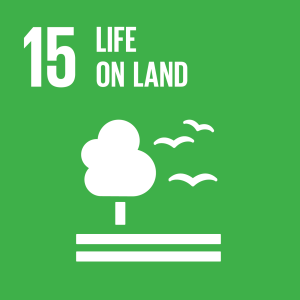
#KIJGASP #KENTSCOUTS

